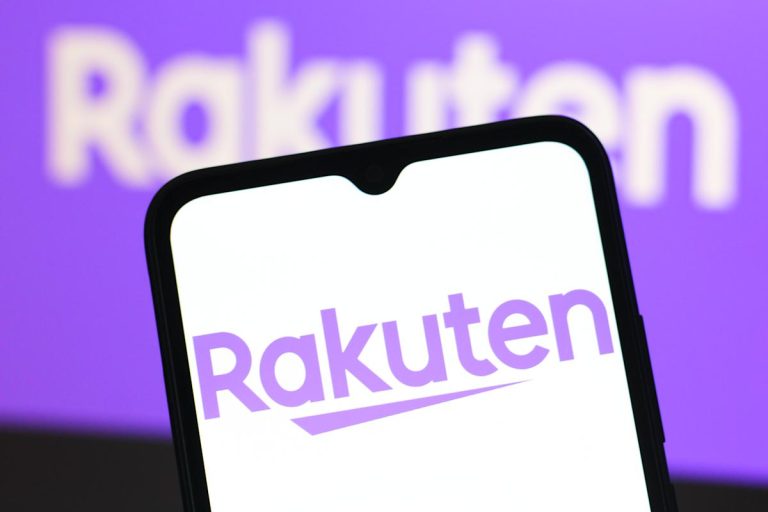The major music companies are reportedly in licensing talks with controversial AI music generators Udio and Suno.
That’s according to Bloomberg, which reported on Sunday (June 1), citing people familiar with the discussions, that Universal Music Group, Warner Music Group, and Sony Music Entertainment are seeking license fees from the platforms plus “a small amount” of equity in both Suno and Udio.
The report arrives just under a year after the majors sued Suno and Udio for copyright infringement.
Sources told Bloomberg that any deal would help settle lawsuits between the startups and the music companies.
The news outlet noted that its sources “declined to be identified because the talks could fall apart”.
Suno and Udio generate music from text prompts, allowing users to request songs and receive complete audio recordings.
In June last year, the three majors sued the AI startups in the US for allegedly training their systems using the majors’ recordings without permission – an accusation they pretty much admitted to in court filings last August.
The complaints against Suno and Udio last year argued that “AI companies, like all other enterprises, must abide by the laws that protect human creativity and ingenuity,” and that “There is nothing that exempts AI technology from copyright law or that excuses AI companies from playing by the rules.”
Both Suno and Udio have previously argued that their use of copyrighted materials falls under the “fair use” exemption to US copyright law.
Bloomberg points out the complexity of the reported talks between labels and Udio and Suno.
The music companies want “greater control over the use of their work,” Bloomberg writes, while the AI platforms seek “flexibility to experiment” as well as “deals at a price reasonable for startup companies”.
Bloomberg said Udio and Suno did not respond to requests for comment, while the three music majors declined to comment.
Last year, Suno raised $125 million from investors including Lightspeed Venture Partners, giving the Massachusetts-headquartered company an implied value of $500 million.
Udio, meanwhile, secured $10 million from Andreessen Horowitz and other backers, reflecting investor confidence in AI music generation despite the legal challenges.
The reported licensing talks with Udio and Suno follows licensing agreements struck between ChatGPT developer OpenAI and companies like News Corp., the Associated Press and Vox Media.
Music industry executives have expressed cautious optimism about AI technology while defending copyright protections.
Last year, when record companies brought legal action against Suno and Udio, Mitch Glazier, Chief executive officer of the RIAA, said: “The music community has embraced AI, and we are already partnering and collaborating with responsible developers to build sustainable AI tools centered on human creativity that put artists and songwriters in charge.”
“The music community has embraced AI, and we are already partnering and collaborating with responsible developers to build sustainable AI tools centered on human creativity that put artists and songwriters in charge.”
Mitch Glazier, RIAA
“But we can only succeed if developers are willing to work together with us.”
In an analysis published by MBW last April, Ed Newton-Rex, founder of ethical AI organization Fairly Trained, identified similarities between Udio-generated music and works from established artists, including John Lennon, Natalie Imbruglia, and Coldplay, among others.
It followed Newton-Rex’s investigation into the output of generative AI music platform, Suno, which went viral in the music biz after it was published on MBW earlier that same month.
Suno is also facing a copyright infringement in Germany, filed in January 2025 by GEMA, the German collection society and licensing body.
Suno’s controversial reputation hasn’t stopped it from striking headline-grabbing partnerships. In February, for example, Amazon unveiled a new AI-powered version of its Alexa voice assistant, and among the capabilities of the “next-generation” Alexa+ is an integration with Suno.
in October, Suno named Timbaland as a strategic advisor.Music Business Worldwide








